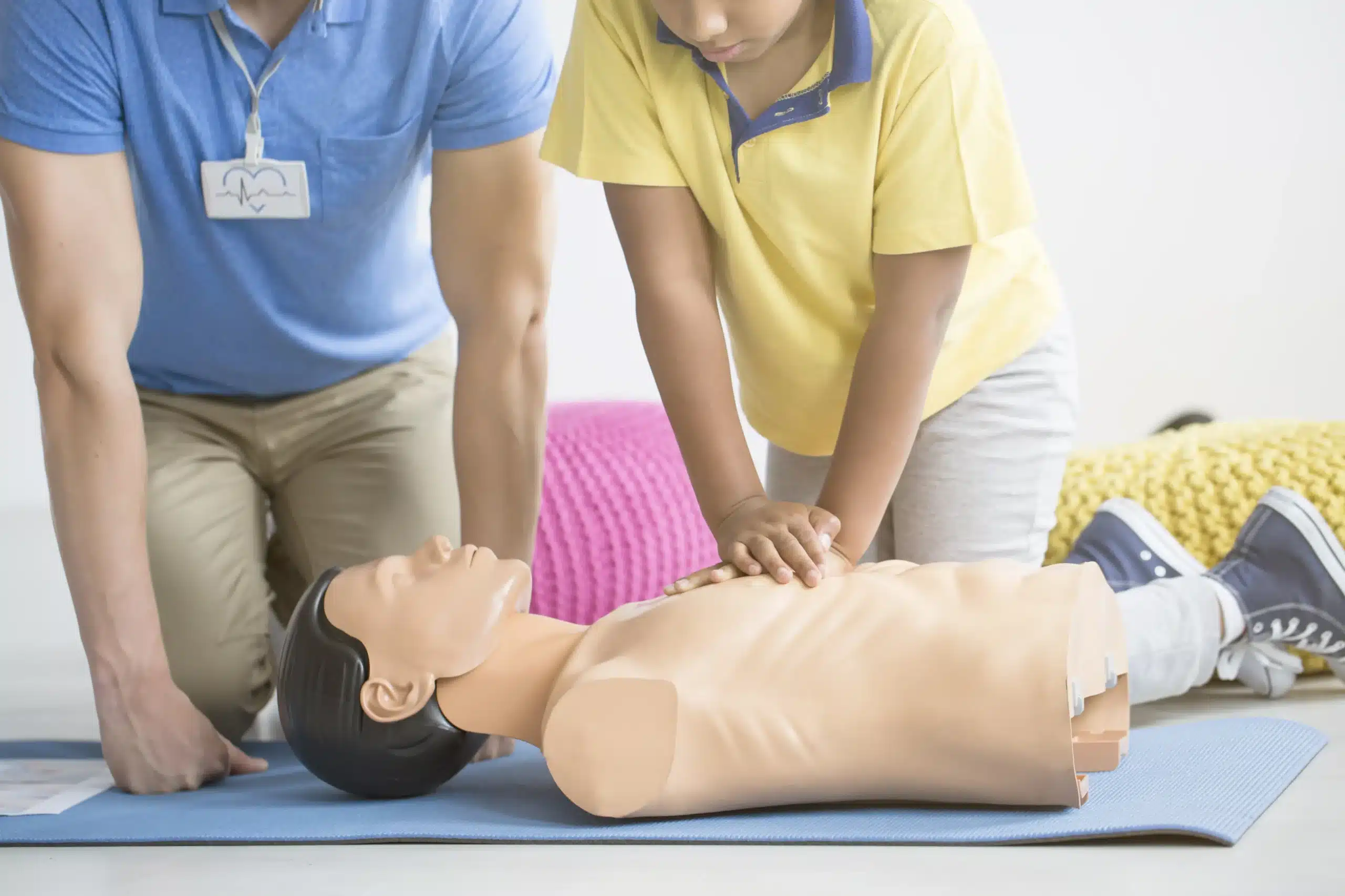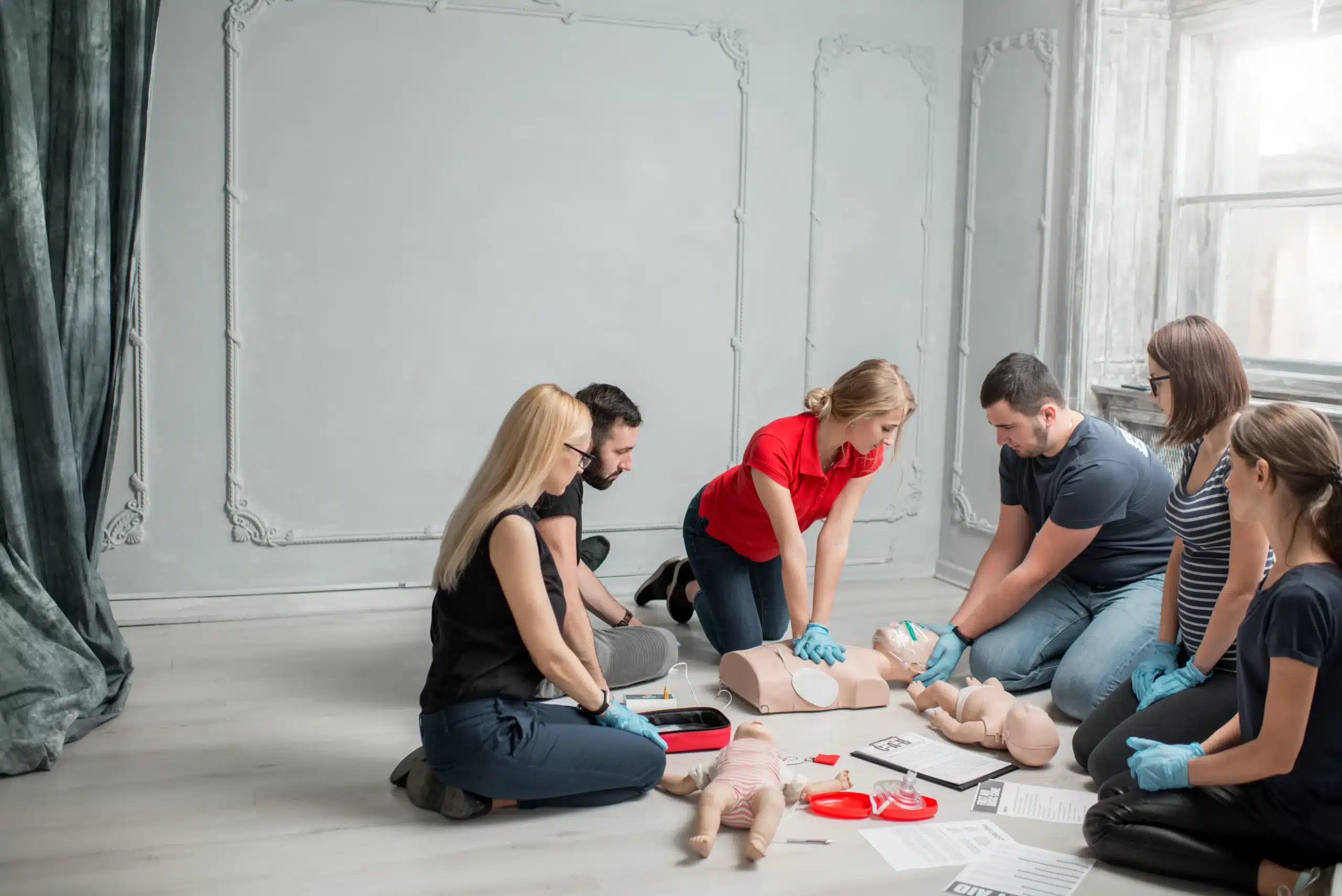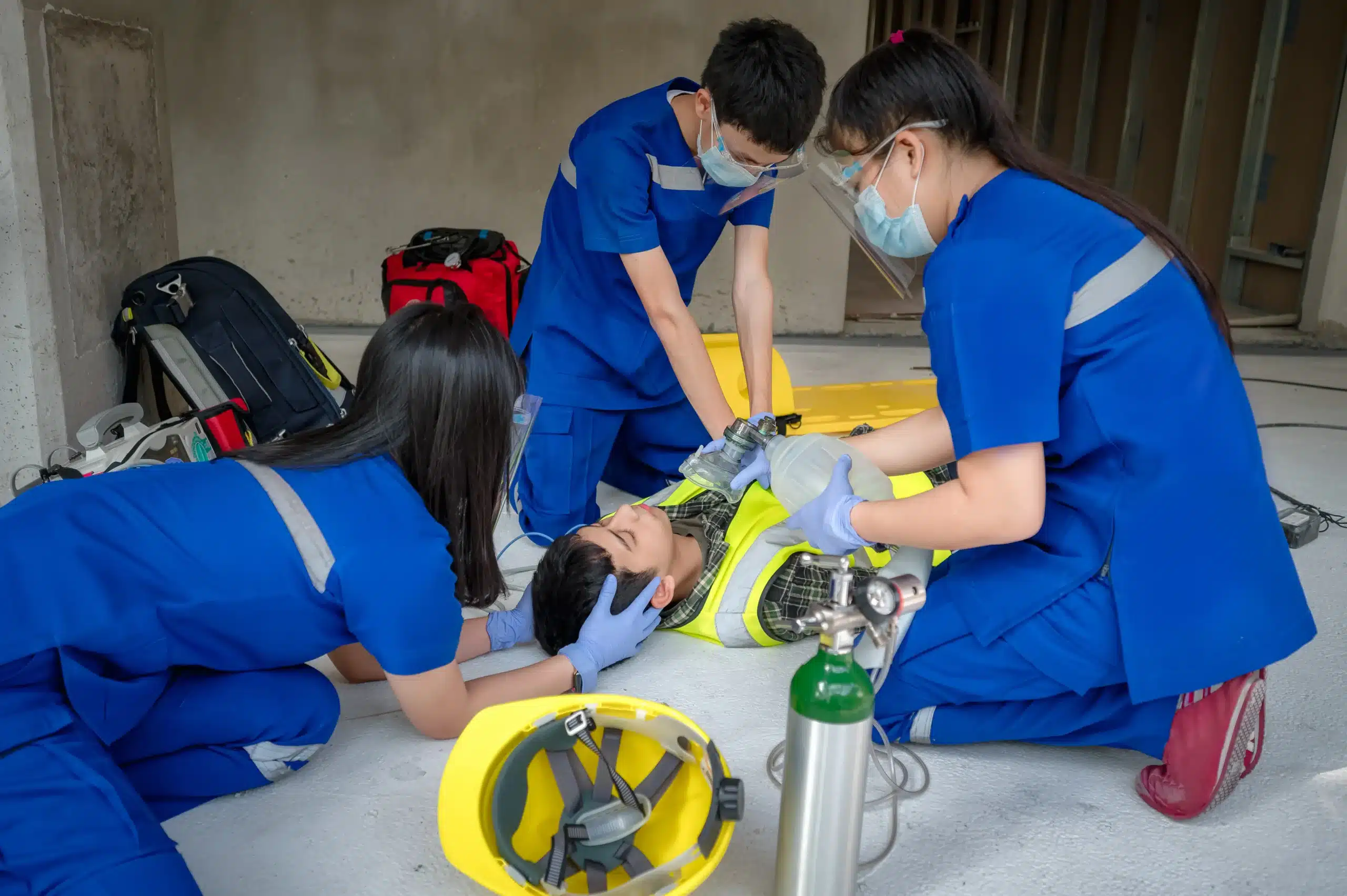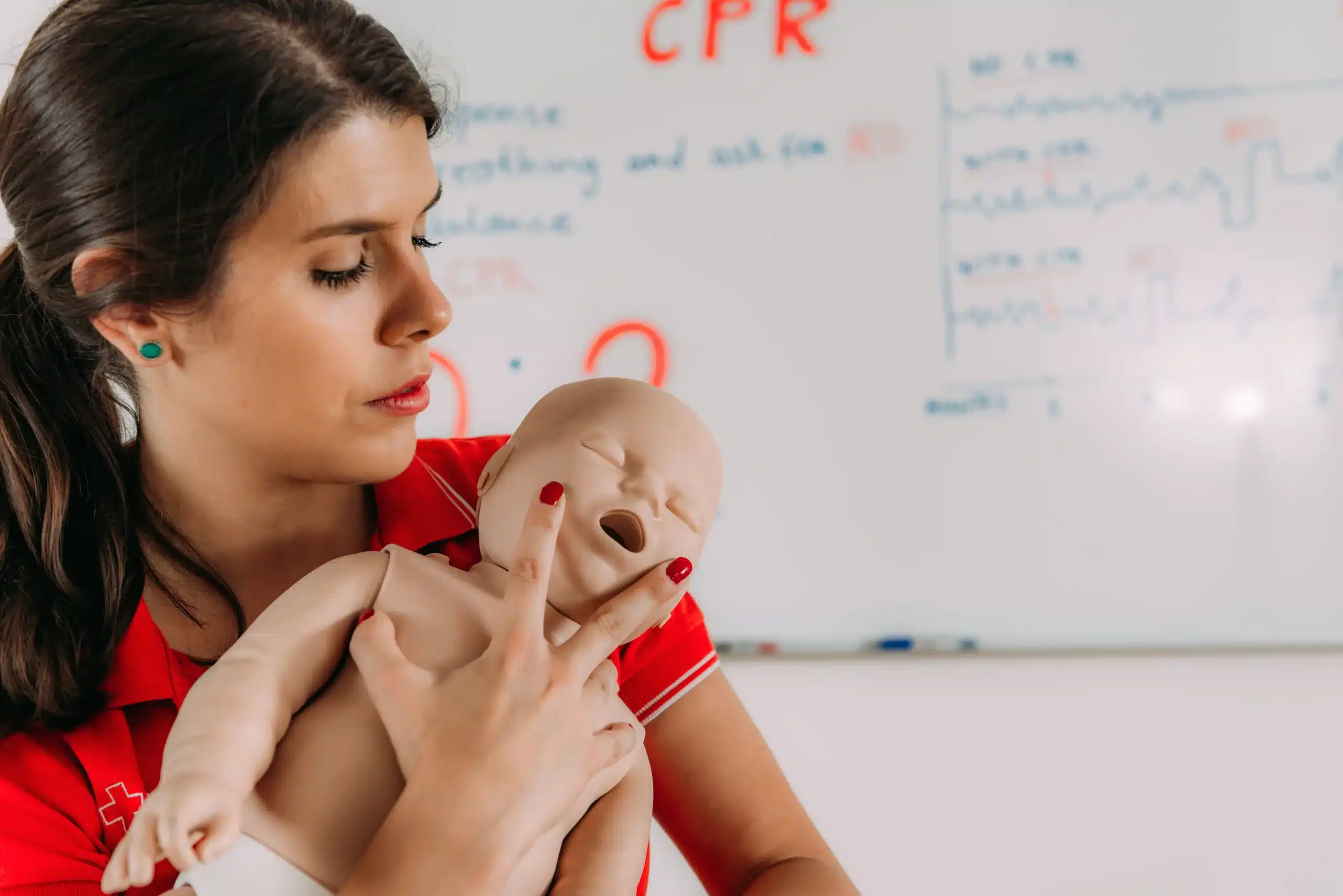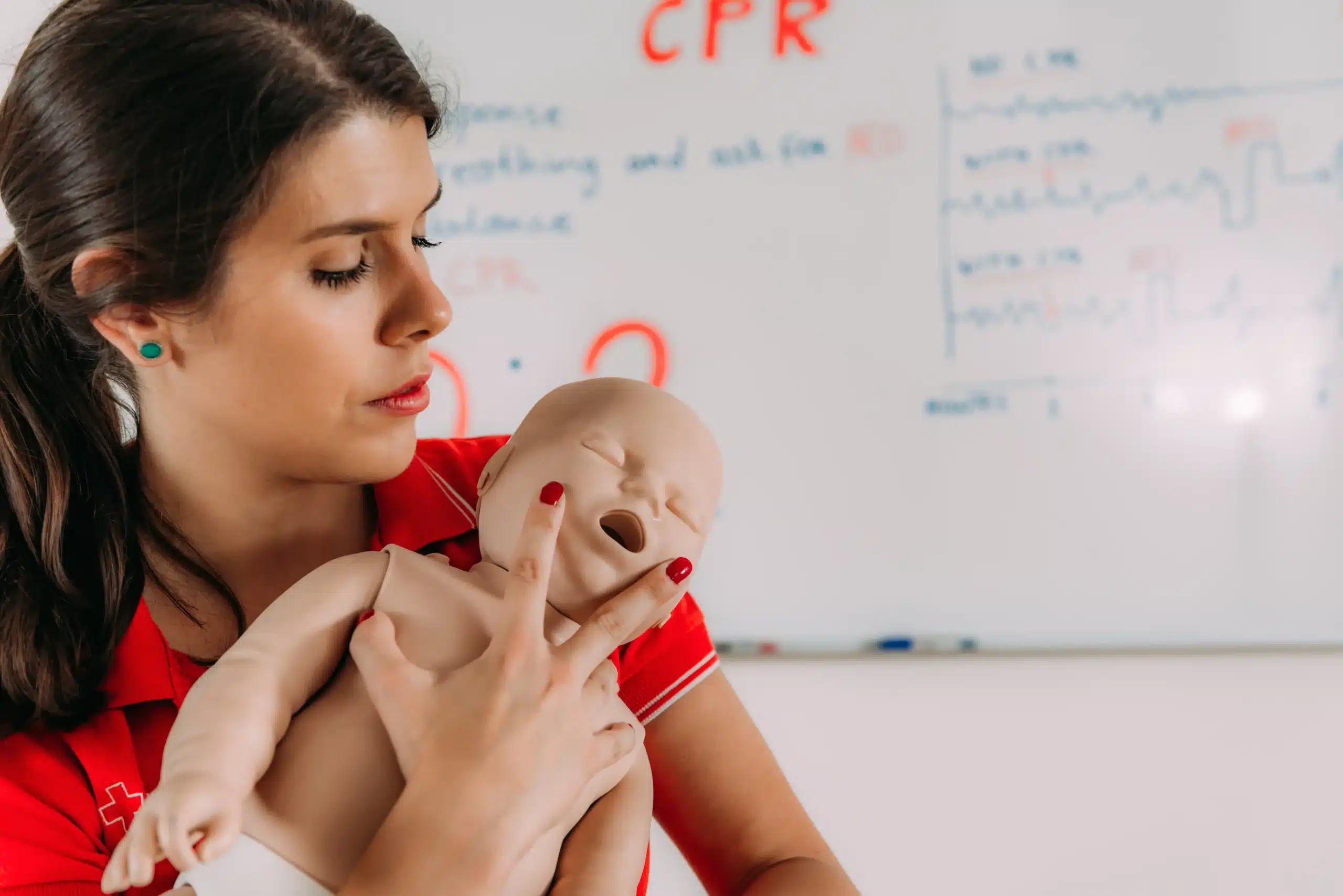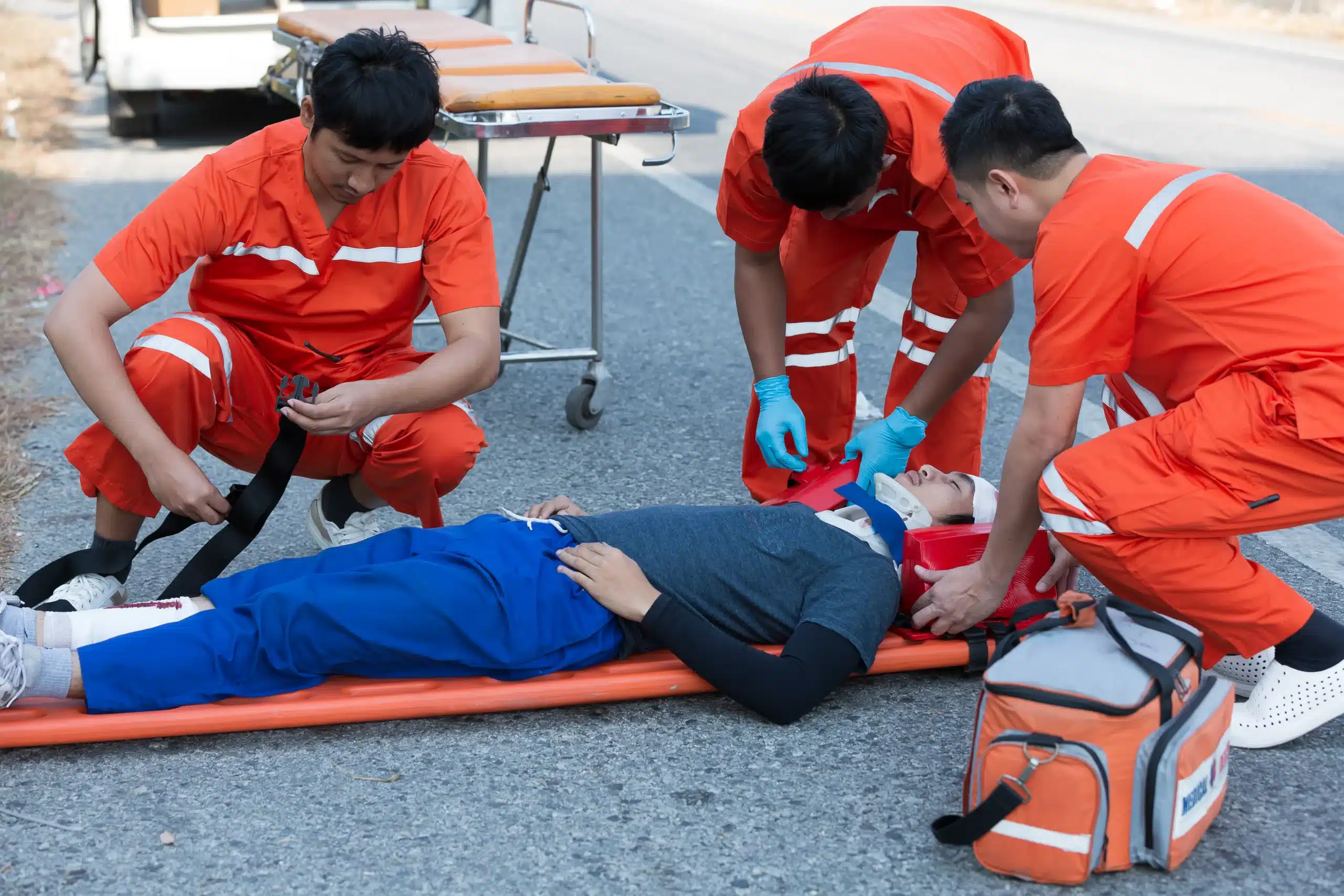Cardiopulmonary Resuscitation (CPR) is nothing short of a life-saving act. Administered during critical moments, CPR can double or even triple the chances of survival for someone experiencing cardiac arrest. According to the American Heart Association, over 356,000 out-of-hospital cardiac arrests occur annually in the U.S., and bystanders performing CPR provide a critical lifeline. While these statistics showcase the incredible impact of CPR, less attention is given to what happens after survival—particularly for the survivors themselves.
Surviving CPR is undoubtedly a second chance at life, but it’s not without its challenges. Beyond the physical recovery process, candidates for CPR often face profound psychological struggles, including fear, anxiety, and even post-traumatic stress. This blog guides CPR survivors, their families, and healthcare professionals through the nuances of psychological recovery, offering actionable strategies and insights for holistic healing.
Whether you are a survivor navigating this new reality or a concerned loved one, you’ll learn about the emotional toll of CPR, coping mechanisms, and how seeking help can pave the way to reclaiming a fulfilling life.
Understanding the Psychological Impact of CPR
Immediate Emotional Responses
Emerging from a life-or-death situation is often accompanied by intense, immediate emotional responses. CPR survivors frequently report experiencing waves of fear, confusion, and heightened anxiety about their near-death experience. Many also grapple with Acute Stress Disorder (ASD), which can manifest as flashbacks, nightmares, and a sense of constant hypervigilance toward potential health issues.
Long-Term Effects on Mental Health
While some may recover emotionally within weeks, others experience deeper, long-lasting mental health challenges. For instance, research indicates that Post-Traumatic Stress Disorder (PTSD) is prevalent among CPR survivors, as they relive their traumatic encounter repeatedly. Conditions such as depression and survivor’s guilt—questioning why they survived when others might not—are also common.
Equally impactful is the shift in a survivor’s worldview. Many find themselves grappling with existential questions about their purpose and mortality. Adjusting to this altered perspective requires time, support, and consistent coping mechanisms.
A study published in Resuscitation Journal revealed that 25% of CPR survivors develop PTSD symptoms, while nearly 30-40% report depressive episodes months after resuscitation. This underscores the importance of psychological recovery as a parallel to physical healing.
Coping Strategies for Survivors and Families
Mindfulness-Based Techniques
Practicing mindfulness can help regulate the overwhelming emotions that arise post-resuscitation. Techniques like meditation, journaling, and yoga encourage survivors to stay grounded in the present, reducing stress and easing anxiety.
Try This at Home:
- 5-Minute Meditation – Find a quiet space, close your eyes, and focus on your breath. Slowly count each inhale and exhale to ten, letting stressful thoughts pass without judgment.
- Gratitude Journaling – Spend five minutes writing down three things you’re thankful for each day to promote a positive mindset.
Support Networks
Healing is seldom a solo effort. Surrounding yourself with a robust support network can make a significant difference. Family, friends, and survivor-focused communities can offer emotional validation and shared experiences.
Helpful Resources:
- American Heart Association Survivor Forums: Connect with people who share similar journeys.
- Local Survivor Support Groups: Check community centers or hospitals for group therapy sessions tailored to cardiac arrest survivors.
Lifestyle Adjustments
Regaining a sense of control often begins with small lifestyle changes. Exercise, a balanced diet, and consistent sleep patterns can aid both mental and physical recovery. Even light physical activity, such as taking a walk or practicing gentle stretches, releases endorphins known to reduce stress.
Creating sustainable daily routines not only enhances mental clarity but also encourages survivors to regain a sense of normalcy.
Seeking Professional Help
While personal coping strategies are vital, consulting professionals can be life-changing. Therapists specializing in trauma or health-related stress disorders can offer personalized support. Cognitive Behavioral Therapy (CBT), for example, is particularly effective in addressing PTSD by reframing negative thought patterns.
Tips for Choosing a Mental Health Professional:
- Look for therapists with experience in trauma or post-cardiac care.
- Check their credentials and reviews (if available).
- Don’t hesitate to consult multiple professionals until you find a comfortable fit.
Investing in professional help is a critical step toward reclaiming emotional well-being.
Why Psychological Recovery is Essential
The mind and body are deeply interconnected. When psychological health is neglected, stress increases, potentially hindering physical recovery by putting strain on the heart and immune system. Addressing emotional well-being is, therefore, not just beneficial—it’s essential.
Holistic recovery is about balance. It’s as much about rebuilding a survivor’s confidence and sense of purpose as it is about restoring physical strength. By prioritizing psychological healing, survivors can lead healthier, more fulfilling lives enriched by their newfound outlook on life.
Post-resuscitation recovery is not merely about surviving—it’s about thriving. When emotional wellness is placed at the forefront, survivors can emerge from their trauma with resilience and strength.
Take the Next Step Toward Empowerment
If you or someone you love is navigating the challenges of life after CPR, know that recovery takes time, patience, and support. Whether through mindfulness, professional therapy, or finding strength in community, small steps can lead to significant improvements.
Equally crucial is empowering others to save lives. By enrolling in CPR certification courses in Carmichael, you can join a community of life-savers while becoming a beacon of support for survivors. Explore AHA-certified training programs offered by Safety Training Seminars like CPR and First Aid, Basic Life Support (BLS), Advanced Cardiac Life Support (ACLS), and Pediatric Advanced Life Support (PALS) today.



